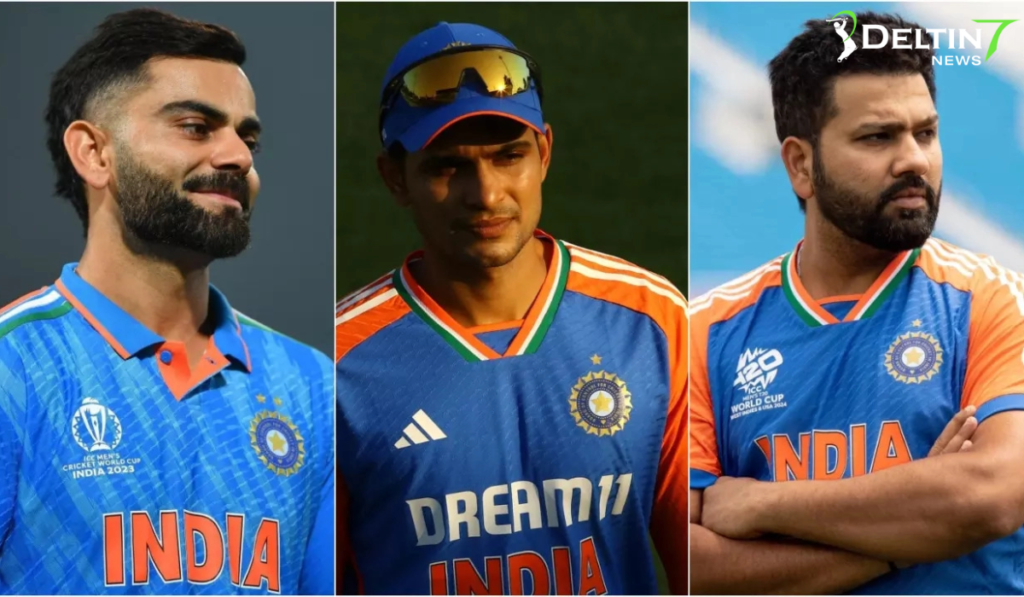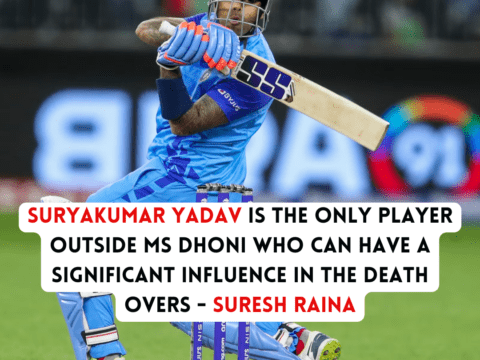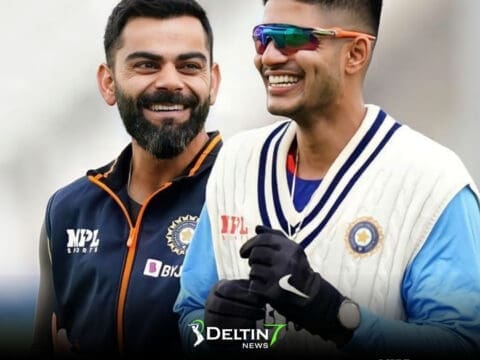
The reasoning behind Shubman Gill’s selection as vice captain was explained by Ajit Agarkar as follows: “Wanted to have somebody who can also learn from a couple of senior guys.”
The recent announcement of Shubman Gill’s appointment as the vice-captain for India’s upcoming limited-overs tour of Sri Lanka has sparked widespread discussion and debate among cricket enthusiasts. Ajit Agarkar, the chief selector of the Indian national team, has provided a detailed explanation for this decision, shedding light on the strategic considerations behind it.
Ensuring Continuity in Leadership
One of the key factors that influenced Gill’s selection as the deputy to Suryakumar Yadav (T20Is) and Rohit Sharma (ODIs) was the desire to avoid the challenges faced during Hardik Pandya’s injury and Rohit’s absence from the T20I squad. Agarkar emphasized the importance of having a reliable backup option in place to maintain seamless leadership transitions, should the need arise.
Shubman Gill’s Versatility and Leadership Potential
Agarkar highlighted Gill’s status as a “three-format player” and the promising leadership qualities he has displayed in recent times. The selector believes that Gill’s experience of captaining the Indian team in the Zimbabwe T20I series, as well as his initial taste of leadership in the IPL with the Gujarat Titans, have equipped him with the necessary skills to take on the vice-captaincy role.
Providing Mentorship Opportunities
Another key rationale behind Gill’s appointment is the opportunity it presents for him to learn from the senior members of the team, such as Suryakumar Yadav and Rohit Sharma. Agarkar believes that this exposure will be invaluable in Gill’s development as a future leader, allowing him to benefit from the guidance and expertise of experienced players.
Easing the Burden on Returning Players
Agarkar also addressed the decision to not burden Rishabh Pant and KL Rahul, who have recently returned from injury and absence from the T20I setup, respectively. The selector felt it was crucial to allow these players to focus on their own game and reintegration into the team, rather than adding the responsibilities of a leadership role.
Resetting the T20I Approach
The chief selector hinted at a broader strategic shift in the team’s approach to T20Is, stating that the appointment of Gill as vice-captain is part of a “reset” process. Agarkar emphasized the need to plan for the next two years, with the upcoming T20I World Cup in mind, and the desire to explore new leadership options.
Shubman Gill’s Impressive T20I Record
Despite his underwhelming T20I numbers, Agarkar acknowledged Gill’s impressive record in the format, with an average of over 61 and a strike rate of 103.46. This suggests that the selectors see immense potential in the young batsman and believe he can contribute significantly to the team’s success in the shorter format.
Balancing Experience and Youth
Agarkar’s explanation suggests a conscious effort to strike a balance between experienced leaders like Rohit Sharma and Suryakumar Yadav, and the emerging talent of Shubman Gill. This approach aims to ensure a smooth transition of leadership responsibilities while also providing opportunities for the next generation of Indian cricket’s stars.
Preparing for the Future
The rationale behind Gill’s appointment as vice-captain extends beyond the immediate tour of Sri Lanka. Agarkar’s comments indicate a long-term vision, where the selectors are grooming Gill to potentially take on greater leadership responsibilities in the future, as the team prepares for the upcoming T20I World Cup and beyond.
Addressing Potential Challenges
Agarkar acknowledged that there are no “guarantees in life,” but the selection committee believes that Gill’s appointment as vice-captain is the best course of action to address potential challenges and maintain stability in the team’s leadership structure.
Capitalizing on Gill’s Captaincy Experience
The selector’s emphasis on Gill’s prior captaincy experience, both with the Indian team in Zimbabwe and the Gujarat Titans in the IPL, suggests that the selectors see this as a valuable asset that can be leveraged in his new role as vice-captain.
Fostering a Collaborative Leadership Approach
Agarkar’s comments indicate a desire to foster a collaborative leadership approach, where Gill can learn from the expertise of senior players like Suryakumar Yadav and Rohit Sharma. This approach aims to blend the experience of established leaders with the enthusiasm and potential of the next generation.
Conclusion
Ajit Agarkar’s detailed explanation of the rationale behind Shubman Gill’s appointment as the vice-captain for India’s upcoming limited-overs tour of Sri Lanka highlights the selectors’ strategic considerations and long-term vision for the team’s leadership. By providing Gill with the opportunity to learn from seasoned players and gradually assume greater responsibilities, the selectors are laying the foundation for a smooth transition of power and the continued success of the Indian cricket team.














